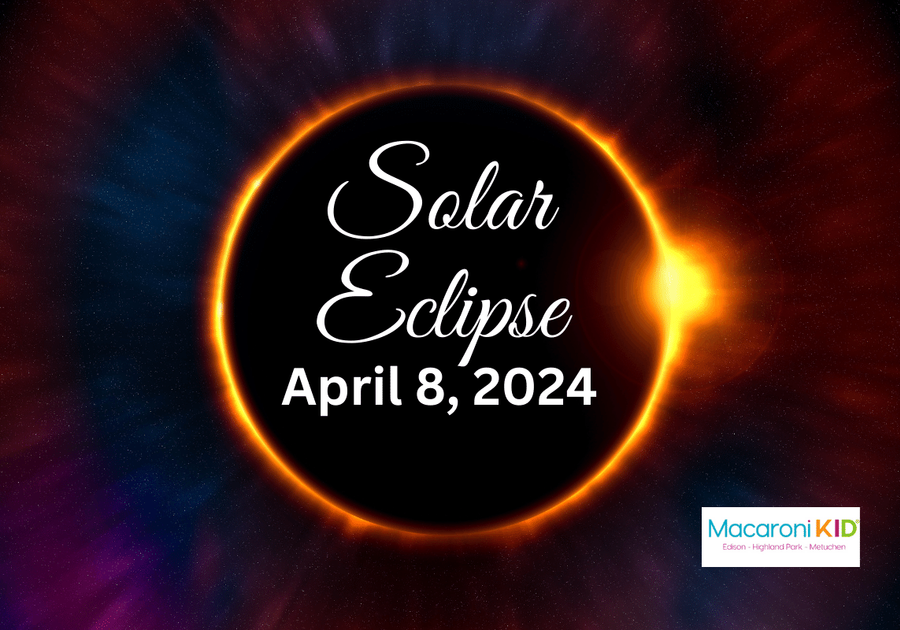Brace yourselves for a celestial extravaganza as we gear up to witness the phenomenal Eclipse of 2024 right from our own backyard! This isn't just any ordinary eclipse; this is a jaw-dropping 87% eclipse, granting us the rare chance to bask in its wonder without hopping on a rocket ship or even an airplane. The next eclipse in our area is not expected for another 20 years in 2044. This eclipse is an opportunity for all of us to experience the environmental changes, measure the effects of sunlight, and participate in data collection that will advance scientific knowledge.
Want to help scientists around the world collect data?
Calling all kid scientists - Join Citizen Science on April 8 to collect data. The assignments vary from observing sounds to measuring temperature to collecting data with an app. Anyone in or near the solar eclipse path is invited to participate on April 8. Your observations will help paint a clearer picture of how our environment responds to the cosmic spectacle of an eclipse.
What is a Solar Eclipse?
Solar eclipses are an infrequent event where the moon blocks out the sun's light. This requires the rotations and orbits of the Earth and Moon to be perfectly in line. Essentially, the moon gracefully swoops in front of the blazing sun to steal the spotlight and cast its shadow upon us all.
Why do you need to protect your eyes?
While the sun might seem a tad less intimidating with the moon photobombing it, make no mistake, its rays still pack a punch! The lack of visible light doesn’t mean that your eyes are fine. The sun is so powerful that even with the moon in front of it, the retinas of your eyes can be permanently damaged. To protect your eyes you can purchase solar viewers that comply with the ISO 12312-2 international standard or make a pinhole projector.
What is the sun’s corona and why does it matter?
A corona is the sun’s outer atmosphere, a layer of very thin but extremely hot gas. An eclipse is an opportunity for scientists to observe the corona without distortions. A better understanding of the corona could potentially aid in the prediction of solar flares, which can interrupt radio communications, disable power grids, and damage satellites.
Visit NASA’s 2024 Total Solar Eclipse for details to join Citizen Science or to learn more about an eclipse. |
Sign up today for our weekly Macaroni KID Edison - Highland Park - Metuchen, NJ Area
e-newsletter so you'll never miss a thing!
SUBSCRIBE HERE
Sources:
Metuchen Metuchen High School Science National Honor Society, “2024 Solar Eclipse April Accessed April 2, 2024 https://mail.google.com/mail/u/0/?tab=rm&ogbl#inbox/FMfcgzGxSRSCHbmqhqTkQBjLpltSwktC?projector=1&messagePartId=0.1
NASA, “2024 Total Solar Eclipse.” Accessed April 2, 2024. https://science.nasa.gov/eclipses/future-eclipses/eclipse-2024/
University of Northern Colorado, “Great American Eclipse of 2017” Accessed April 2, 2024 https://www.unco.edu/news/pdf/science_with_eclipses.pdf





